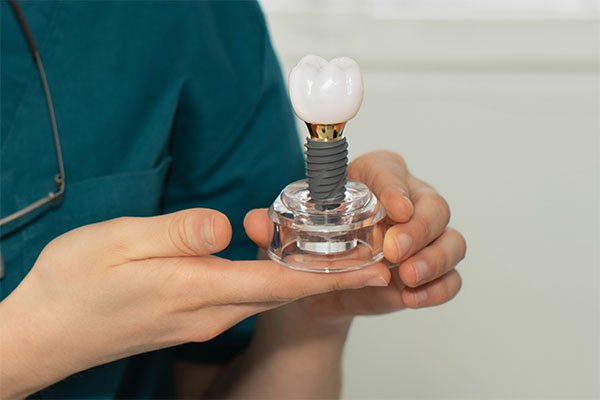Four Tips for Deep Teeth Cleaning Aftercare

Deep teeth cleaning involves pulling back your gum tissues so tartar and plaque can be removed from gum pockets. The treatment also includes removing tartar from teeth surfaces and polishing teeth roots so that it is harder for bacteria to stick to them.
When left untreated, gum disease is a serious dental issue that can lead to teeth falling out of your mouth. It has also been linked to chronic health issues like diabetes, which can be life-threatening when allowed to spiral out of control.
Deep teeth cleaning aftercare tips
Gingivitis is the first stage of gum disease, and it can be reversed by improving your oral hygiene and getting regular teeth cleanings. In some cases, a dentist might recommend deep teeth cleaning for patients with gingivitis.
For the most part though, deep cleanings are typically recommended for patients with periodontitis. This is the advanced stage of gum disease, and it can lead to massive dental and general health issues. Deep cleanings are performed to clean out gum pockets that contain tartar.
The bacteria in these pockets cause gum disease by infecting tissues there. Antibodies are dispatched to the area to fight off the infection, leading to inflammation. This chronic inflammation is what leads to the gum tissues and bone structures that support the teeth being destroyed.
Deep cleanings are typically broken down into multiple sessions, with each lasting no longer than a couple of hours. This is done to avoid having to numb the patient’s entire mouth, and it leads to less discomfort as they recover.
Life after getting a deep cleaning
Gum tissues are manipulated during root scaling and planing, and that can leave them feeling tender for a few days. Some patients also experience increased teeth sensitivity after getting a deep cleaning. This is caused by their teeth roots being extremely clean, and it should go away after a few days.
Some simple things patients can do to make the recovery period go more smoothly include:
- Avoid eating until the effect of the anesthetic used during the treatment has worn off. Eating while a part of your mouth is numb can lead to you biting soft tissues in the mouth
- Avoid spicy and hard foods after deep cleaning. Hard foods can irritate already tender gum tissues as you chew, leading to increased pain and discomfort. Dentists also recommend avoiding acidic, spicy, or small foods that can get stuck in the gums like popcorn
- Patients who experience swelling and pain after their treatment can manage it with over-the-counter painkillers. Do not exceed the recommended limits of these products
- Take antibiotics as prescribed to minimize the risk of infection. Antibiotics are only effective when all the pills prescribed are taken as recommended
- Rinse with salt water for the first three days. It helps to disinfect the mouth and is not as harsh as regular oral hygiene products
Take control of your oral health
Deep teeth cleaning can help to reverse or manage gum disease. Give us a call or stop by our Brooklyn clinic to set up an appointment with our dentist.
Request an appointment here: https://www.gardendentalartsny.com or call Garden Dental Arts at (718) 416-6367 for an appointment in our Brooklyn office.
Check out what others are saying about our dental services on Yelp: Deep Teeth Cleaning in Brooklyn, NY.
Recent Posts
Cavities are caused by bacteria that live in the mouth creating acids that damage teeth structures. These acids are a waste product of the bacteria feasting on the sugars in food particles left in the mouth after meals. They form a sticky film called plaque, which gives you that mushy feeling in your mouth when…
For many patients, a dental deep cleaning is necessary at some point in their lives. However, there is often confusion regarding this treatment and how it differs from a typical cleaning. The following details what a deep cleaning is and why it is vital. A dental deep cleaning, often referred to as periodontal scaling and root…
You know that a dental exam is a normal part of an oral hygiene routine. You are not sure how often you should get one, though. The duration between appointments depends on different factors. Get the details so you will know how often to visit the dentist.Dentists typically recommend an appointment schedule after examining patients.…
Fixing a broken tooth right away is important. This dental damage may seem like nothing more than a cosmetic problem, but it can lead to terrible consequences. Seeing a dentist sooner rather than later can provide immediate relief. If you want to find out the treatments for a broken tooth and its complications, here are…


